|
How habits affect mileage. Part V.
In the past weeks, we’ve looked at many factors that affect the fuel mileage of RVs, and, in particular, Class A diesel pushers. Some of these factors had the ability to be manipulated by the driver and some can’t. But now we’ll focus on the “wild card,” the human factor.
In Part 1, we stated that the best economically practiced drivers get about 30 percent better fuel mileage than the worst. Let’s see why the great variation from the best to the worst.
Human Factor — Top Fuel Mileage Driver Habits
- Accelerate at a moderate rate and driving at a reasonable speed given the traffic and road conditions.
- Use the vehicle’s inertia in cresting a hill and capitalizing it on a descending grade.
- Reduce service-brake application by coasting earlier when approaching a tight turn or a stop.
- Increasing the distance between the vehicle ahead. This increases coast time while minimizing the need to brake.
- Maintaining a constant engine RPM while climbing a grade with partial throttle.
- Using cruise control for the majority of highway driving (subject to safe conditions.)
- Use reduced-speed routes or delay travel if heavy headwinds are present.
- For rest stops, fuel stops, etc., limit engine idling to 3 minutes maximum.
- Check and maintain daily the correct tire pressures.
The RV owners that get the poorest fuel mileage miss most of the above and also experience shorter brake lining life from additional braking caused by driving too fast, tailgating, and powering when inertia would do. Grade climbing behavior for the high fuel burners amounts to W.O.T. (Wide Open Throttle) instead of a balanced partial power to maintain a constant RPM.

More importantly, their more aggressive driving style creates more engine, brake and component heat. This generally contributes to a far higher maximum engine cooling frequency, which in itself is a major fuel burner. Wasted heat is wasted energy.
This, and the four previous posts, all dealt with things and happenings that increase fuel consumption. Many seem almost trivial in nature, however, even those added up will take a bite out of your wallet over time. But none can be skewed as greatly as the human factor. Reducing your fuel burn starts with you, the driver.
Should you find yourself guilty of these human factor blunders, or, worse, in the unfortunate position of having squandered your fuel economy and run dry, it helps to have a roadside assistance plan like Good Sam Roadside Assistance that offers emergency fuel service in the event of an empty tank. This safety net of fuel forgiveness can be an easy, affordable way to prevent yourself from a longer, costlier solution.
Peter Mercer – Saving Fuel, the Human Factor

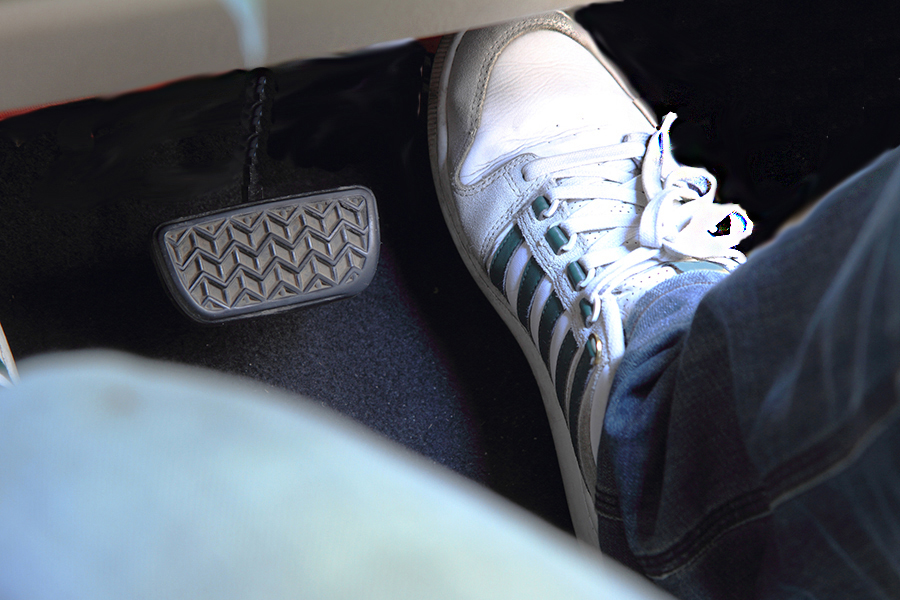
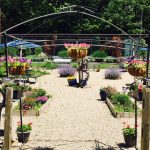
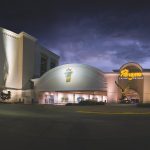

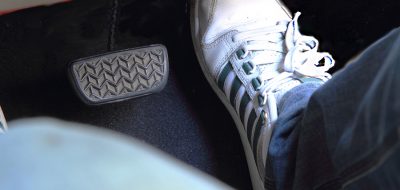
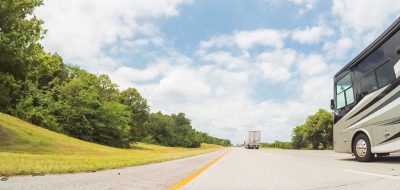

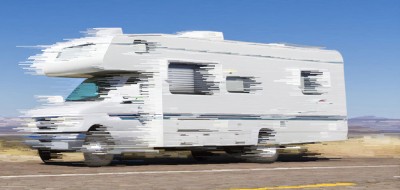
Peter Mercer
Cruise control can operate efficiently in hilly regions, but much relies on your vehicle type and transmission configuration. That is not to say that you can’t do as well or perhaps better using manual throttle management. Additionally your cruise control droop adjustment may need tweaking, again subject to engine and transmission make. However, you make a good point. You must feel comfortable with your cruise control operation in such terrain. Thank you for bringing this up.
Peter Mercer
Yes, and those that win that sought after “Stop Light Race” often pay dearly when at the filling station! Thank you for taking the time to comment.
Anonymous
In the North East it is difficult to use the cruise and/or trailer tow modes because of the many ups and downs on the roads. The transmission kicked down to such a lower gear while on OD cruise I thought the engine would explode from the over-reving. Likewise in trailer tow. My foot has better control than the computer to regulate the speed via the throttle. Tiring on the leg but more efficient, better gas mileage too! “Sirge”
Anonymous
This applies to normal vehicle driving also. I always try to coast to a stop in whatever I’m driving, as traffic behind me permits. And let the quick-foot fellow in the car next to you “win” the out-of-the-gate acceleration from that stop light.
Peter Mercer
No question! Capitalizing on momentum is a great fuel saver. Thank you for your excellent comment.
Anonymous
Every time you brake, you’re throwing away kinetic energy that your engine has used fuel to develop. This article is right! Avoid stops by slowing down (coasting) when you know the light is going to turn red. Because stops are major fuel wasters.
Anonymous
The Law of Conservation of Energy is well described in your article. Planning ahead instead of just depending on the brute force of your accelerator and brake system can reap great rewards. Pilots have to plan much better than ground-huggers as you can’t just pull over to a fueling station in the sky when you run low. Head winds, climb rate, glide, estimated fuel consumption, and other factors are common to both aircraft and RV’s. How you take advantage and keep these in mind when driving (flying) will help you save not just fuel but the wear and tear on your rig. Thanks for the articles!! Dan “the VintageRV’er” Long.
Peter Mercer
Thank you. I’m glad you found the “RV Fuel Gremlins” of interest.
Anonymous
Good Job!